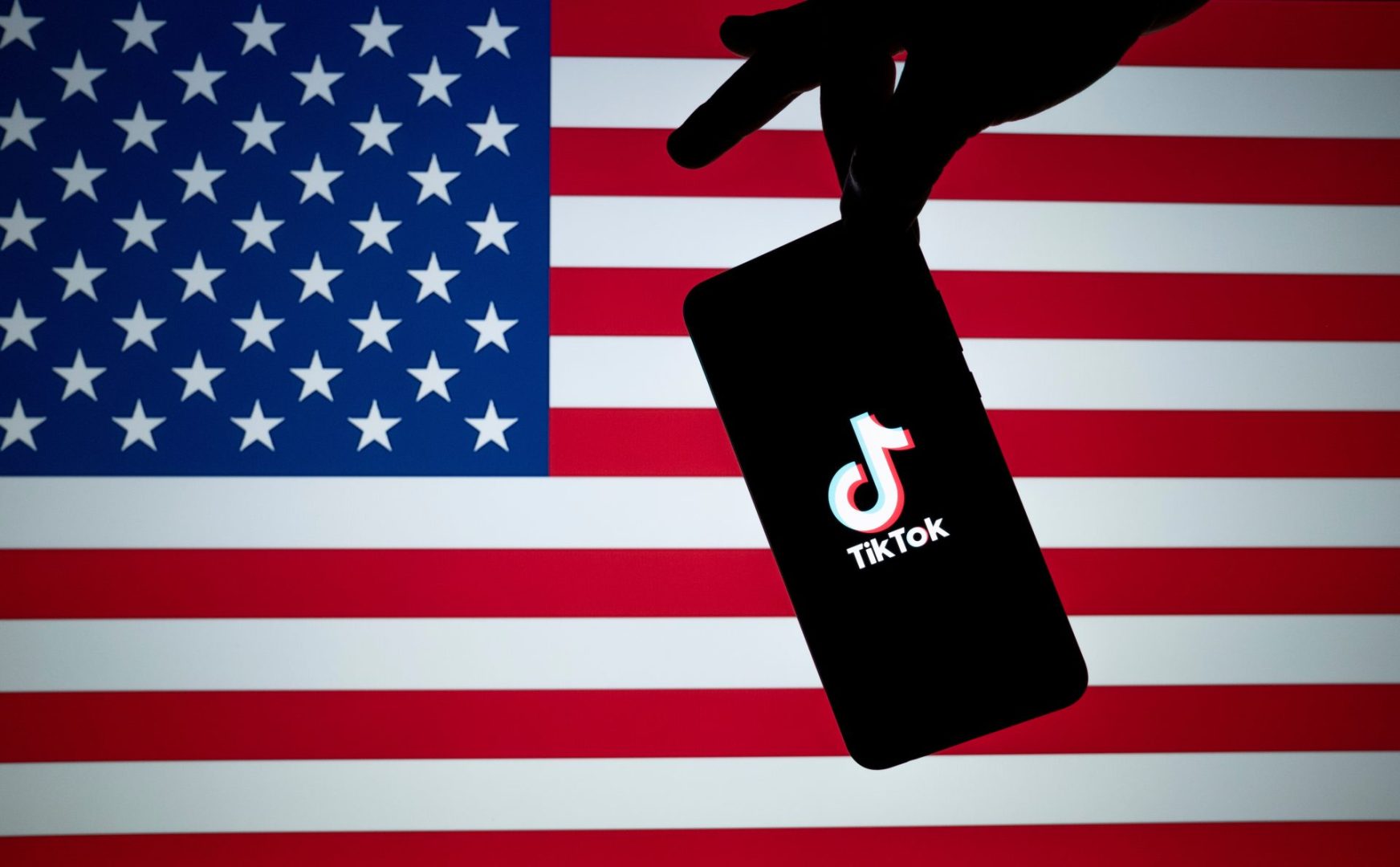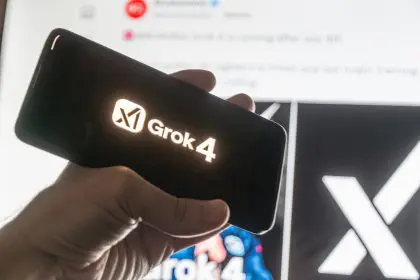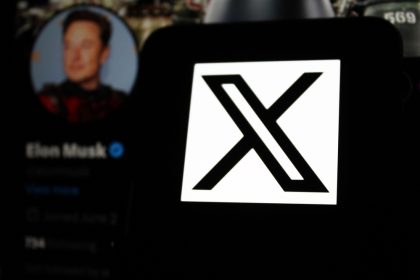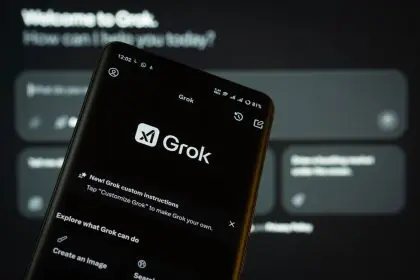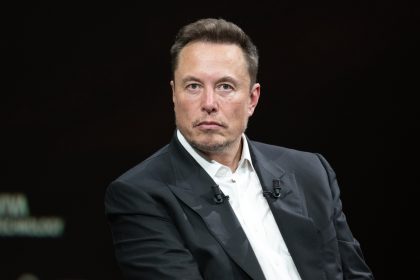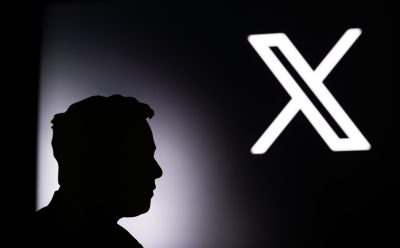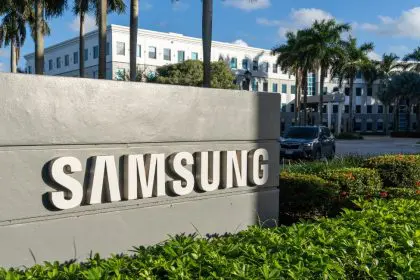ByteDance’s potential forced exit from the American market has ignited discussions about digital sovereignty and cultural influence in social spaces. Despite widespread speculation, TikTok has firmly dismissed reports about selling its U.S. operations to tech mogul Elon Musk’s X platform, calling such claims completely unfounded.
The story unfolds against increasing scrutiny over social media ownership and its impact on American culture. As Jan. 19 approaches — bringing new legislation aimed at foreign-owned platforms — many community members question what this means for their digital gathering spaces and creative outlets.
When culture meets national security
The implications extend far beyond simple entertainment. TikTok has evolved into a vital platform for independent creators, small business owners and cultural tastemakers who have built substantial followings and revenue streams. These entrepreneurs — many of whom switched careers to pursue content creation full-time — now face uncertainty about their digital futures.
While ByteDance maintains its stance against selling its 40 percent stake in TikTok, the situation is complicated by China’s technology export restrictions. These regulations could potentially block any forced sale, creating a complex international standoff that puts creator livelihoods at stake.
The culture shift
The platform’s influence on American popular culture cannot be understated. It has transformed how people discover music, share stories and build community. Many creators who found their voice on TikTok have expressed concerns about losing their established audiences and the authentic connections they’ve cultivated over the years.
The potential ban raises questions about digital displacement and the preservation of online communities. While other platforms exist, TikTok’s unique algorithm and community dynamics have created spaces for expression that many feel cannot be easily replicated elsewhere.
Looking ahead
As the deadline approaches, the focus shifts to what comes next. The platform’s fate could reshape how international technology companies operate in America and influence future digital cultural exchanges. For content creators who have built their brands and businesses on TikTok, the coming months may require strategic planning and platform diversification.
The intersection of national security concerns and cultural expression presents a complex challenge. While lawmakers emphasize data privacy and security risks, many community members worry about losing a platform that has become instrumental in amplifying diverse voices and perspectives.
The outcome of this situation could set precedents for how America balances national security interests with digital cultural spaces. As the discourse continues, stakeholders across the spectrum —from casual users to professional creators — remain invested in the platform’s future and its role in shaping modern digital culture.
The unfolding events surrounding TikTok underscore larger questions about ownership, influence and power in today’s digital landscape. As traditional social media platforms evolve and new ones emerge, the conversation extends beyond just one app to encompass broader discussions about digital sovereignty and cultural preservation in an increasingly connected world.

